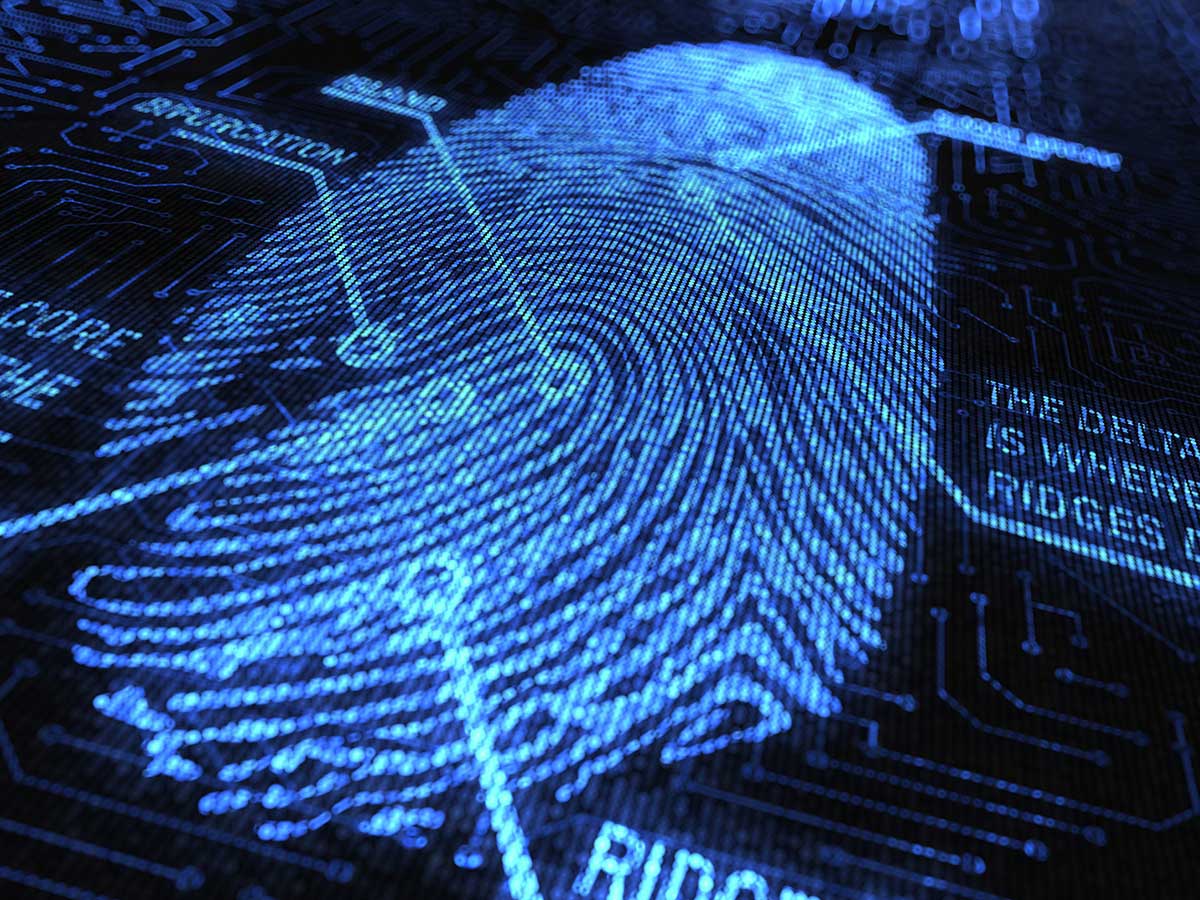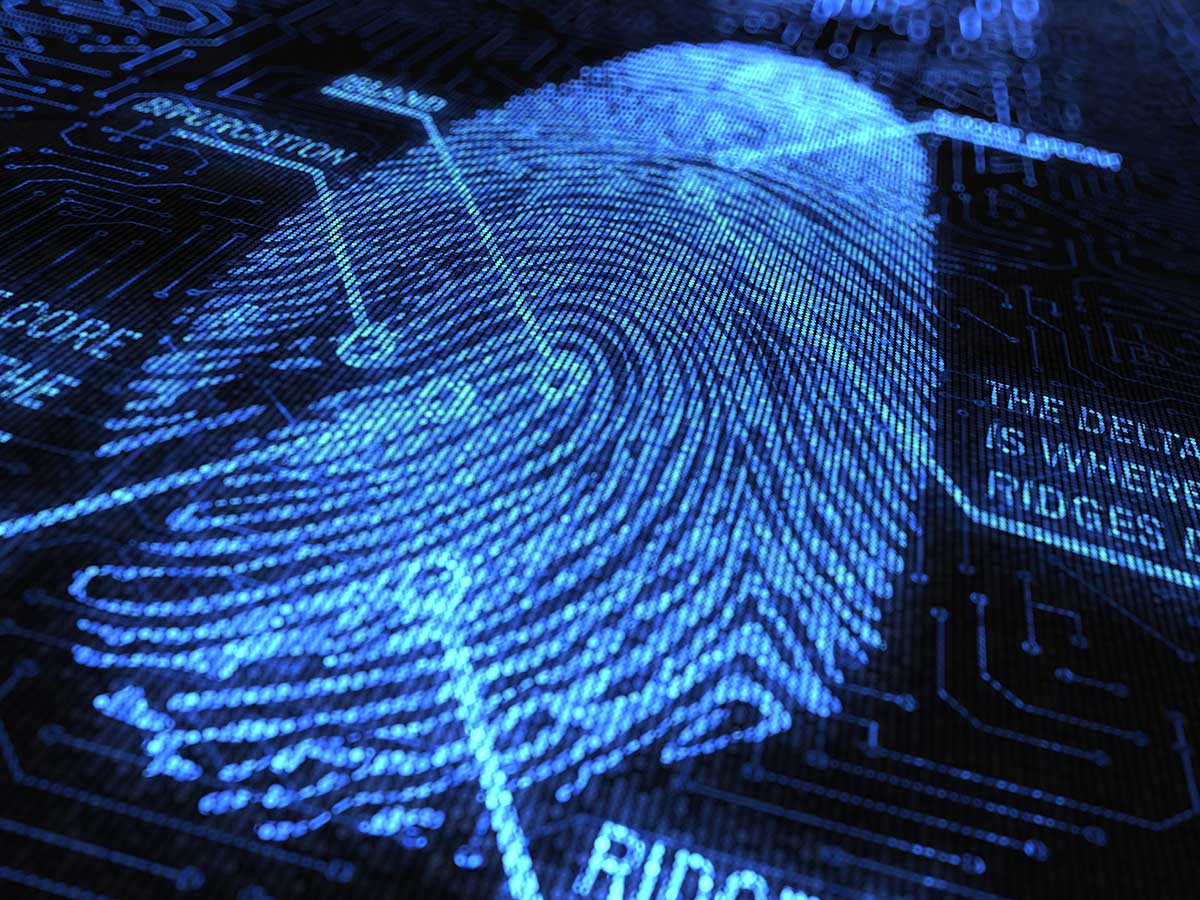
4 things you need to know about identity theft right now
 Many people equate identity theft with fraud but, while they’re related, they’re not the same thing (Getty Images/alengo)
Many people equate identity theft with fraud but, while they’re related, they’re not the same thing (Getty Images/alengo)
Jessica Gunson has heard her fair share of identity theft stories. As the acting call centre and intake unit manager at the RCMP’s Canadian Anti-Fraud Centre, she’s one of the first people to hear about the many phishing, extortion and personal information-obtaining scams that impact thousands of Canadians a year.
However, despite the plethora of calls her department receives and an increasing awareness of identity theft, it’s still a big issue for Canadians. According to Gunson, Canadians lost $21.2 million related to identity theft in 2018, up from $11.7 million in 2017. “Those dollar losses did go up,” she says.
Since March is Fraud Prevention Month, now’s a good time to review the ins and outs of identity theft. [See Stay alert: Watch out for these signs of identity theft for more]. Here are four questions on the topic, asked and answered.
1. WHAT IS IDENTITY THEFT?
Many people equate identity theft with fraud but, while they’re related, they’re not the same thing, says Gunson. Identity theft refers to the act of stealing someone else’s personal information, while fraud occurs when money is stolen from a bank account or another criminal financial activity takes place with the stolen information, she says.
These days, nefarious individuals can steal personal information in all sorts of ways. Some crooks may still do the old fashion dumpster dive in the hopes of finding something they can use to take out a credit card in your name.
More commonly, though, the bad guys are stealing information via the web. Now, fraudsters can recreate emails that look nearly identical to communication you might receive from a bank or another company. If someone doesn’t know better, they might click on the link provided and get sent to a page that asks for their social insurance number and other information.
“With a click of a button, someone can send thousands of messages to inboxes that look like they’re coming from a real business,” says Gunson.
2. WHAT SHOULD YOU DO IF YOU’RE A VICTIM OF IDENTITY THEFT?
The first thing to do is stay calm, says Gunson. Then, start collecting any information you think was stolen. Write down all your credit card numbers, government-issued identification—any numbers that a hacker might have obtained.
The next step is to call the police, your bank, your credit card company, your telecom provider and any other businesses that need to know you’ve been compromised. Don’t forget to call Canada Post, says Gunson, as hackers often redirect mail to another address to get the credit card they’ve applied for by using your name. Also call the Anti-Fraud Centre to report an incident.
You’ll want to phone Equifax and TransUnion, Canada’s two credit reporting agencies, to get a copy of your credit report. You’ll be able to see if new cards were taken out under your name, if a mortgage was obtained, if a car loan was set up and so on. You can also put a fraud warning on your file for a small fee, which ensures that you’ll be contacted anytime a new account is opened in your name.
3. WHAT HAPPENS AFTER YOU REPORT?
Since most companies are familiar with identity theft, you should be able to sort out any issues within a few days, says Gunson, and any financial losses will be covered by your credit card company or bank.
Still, taking out a new credit card or loan will be a hassle, especially if you put a fraud warning on your credit report. Any account opening will be subject to additional scrutiny, because credit agencies will want to ensure that it’s really you who’s creating a new account. “You might have more documents to sign,” says Gunson. “You’ll just have to wait a little longer.”
4. HOW CAN YOU PROTECT YOURSELF?
Protecting yourself means staying on top of your bills and transactions, says Gunson. Regularly check your credit card statements, review your credit report at least once a year, create more complicated passwords, shred sensitive documents and don’t click on any unfamiliar links.
That due diligence is going to become increasingly more important as hackers are only getting more sophisticated at stealing information, she says. “There is the potential that things could get worse,” says Gunson. “Scams never really go away.”
READ THE CPA CANADA’s 2019 FRAUD STUDY
According to this year’s survey, seven in 10 respondents are more concerned about fraud than they were five years ago. And a majority of respondents (69 per cent) said that identity theft was a concern for them.